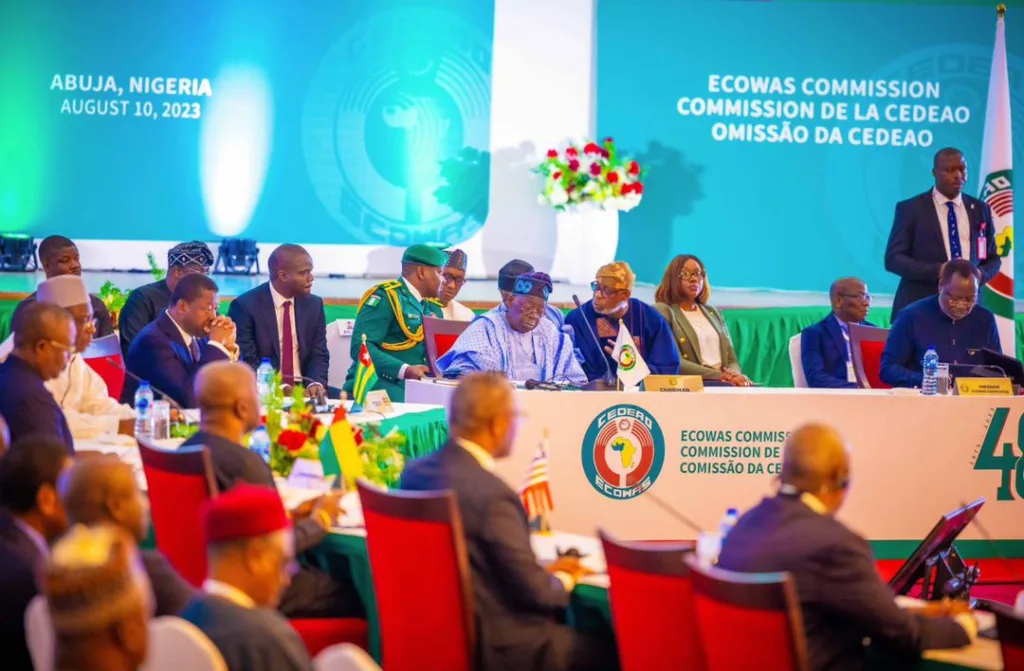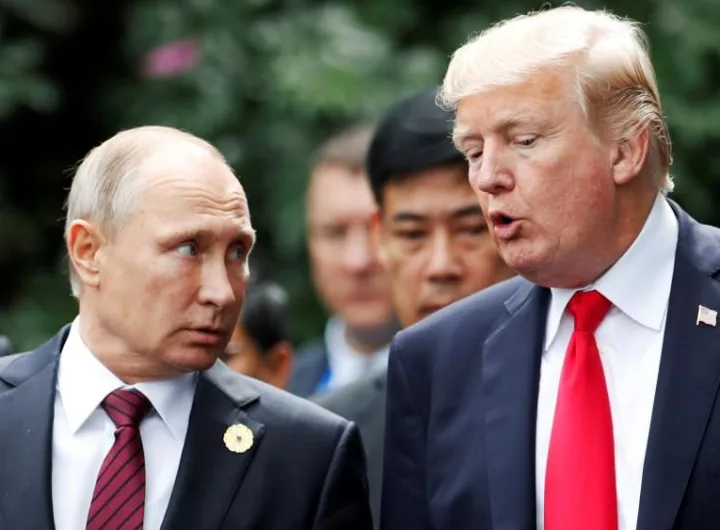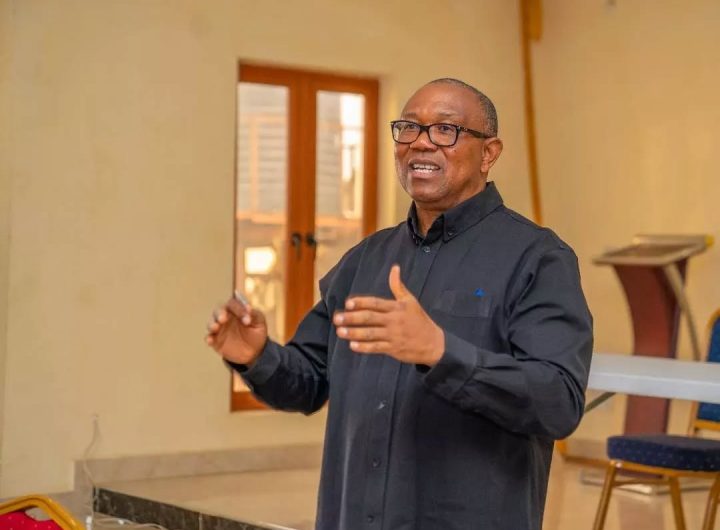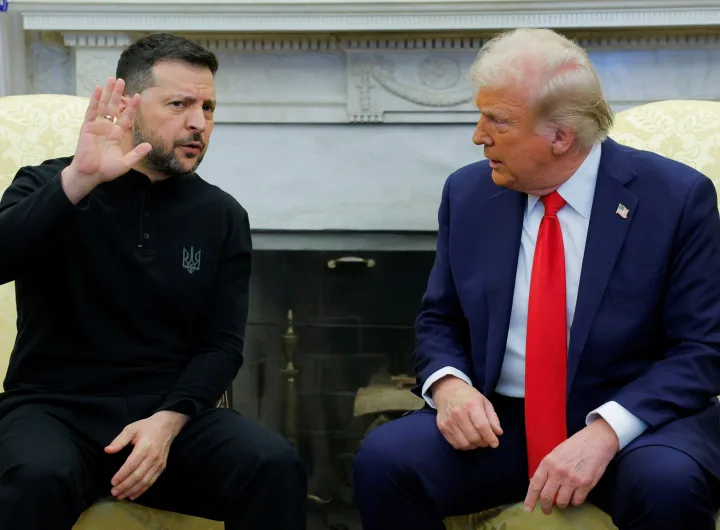
ECOWAS said the sanctions were lifted to promote regional peace and unity
Mali, Burkina Faso, and Niger dumped ECOWAS due to sanctions aimed at ending military rule in the countries, but the regional bloc expects the junta to return after lifting sanctions.
The Economic Community of West African States (ECOWAS) has lifted sanctions against Burkina Faso, Mali, and Niger, citing the need for regional unity and security.
Mali, Burkina Faso, and Niger came under heavy sanctions due to military coups but fought back by dumping the regional bloc and imposing sanctions on member states.
The decision to lift the sanctions was taken during the extraordinary session of the Heads of State and Government of ECOWAS in Abuja on Saturday, February 24, 2024.
Related: Ailing Democracy And Bad Leadership Responsible For Military Coups In West Africa
President of the ECOWAS Commission, Dr. Omar Touray, said that pleas from prominent leaders across the continent, including Nigeria’s former Head of State, General Yakubu Gowon, were considered before a resolution was reached.
“The authority takes note that the withdrawal will have political, social, socio-economic, financial and institutional implications for the three countries as well as for ECOWAS as a region,” Dr. Omar said.
“The authority recalls that within the framework of regional cooperation against terrorism, violent extremism and organised crime, the three countries benefited from about 100 million US dollars mobilised by UMR within the context of the ECOWAS plan of action against terrorism.
“Moreover, some funds allocation, about 7.5 million U.S. dollars is being made towards supporting the three countries in acquiring the equipment to help their fight against terrorism.
“The withdrawal will affect security cooperation in terms of sharing intelligence and participation in regional counterterrorism initiatives such as the Accra initiative and the Multinational Joint Task Force.”
In addition, Omar said the withdrawal of Mali, Burkina Faso, and Niger from ECOWAS would lead to isolation in the global scene.
“The authority recognises that the withdrawal will automatically affect the immigration status of the citizens, as they may be required to obtain visas to travel around the region,” he continued.
“Citizens may no longer be able to reside or set up businesses under ECOWAS arrangement and may be subject to diverse national laws.”
He also noted that the three countries will no longer use the ECOWAS passport and it will affect trade relations between countries in West Africa.
“The authority recognises that the three-member states represent 17.4 percent of the region’s 425 million population,” Omar further disclosed.
“The regional support programme for powerful pastoralism in the Sahel, which is being funded by the World Bank to the tune of 215 million US dollars, is also a project that benefits the three countries.
“The three countries also benefit from the Sahel regional irrigation support programme, which is being funded by the World Bank to the tune of 103 million US dollars.
“The three regional food systems resilient support programme in the amount of 230 million, funded by the World Bank is also benefiting the three countries.
“West African single identity and regional integration and inclusion project is another programme that the three countries benefit from.”

 Trump Warns Putin Of Tariffs Over Ukraine War
Trump Warns Putin Of Tariffs Over Ukraine War  Peter Obi Condemns National Assembly’s Vote On State Of Emergency In Rivers State
Peter Obi Condemns National Assembly’s Vote On State Of Emergency In Rivers State  Pornographic Actor Anna Polly Falls And Dies From Hotel Balcony While Filming
Pornographic Actor Anna Polly Falls And Dies From Hotel Balcony While Filming  NYSC Members Set To Receive Monthly Allowance Of 77,000 From March
NYSC Members Set To Receive Monthly Allowance Of 77,000 From March  Why Trump Kicked Ukrainian President Zelenskyy Out Of The White House
Why Trump Kicked Ukrainian President Zelenskyy Out Of The White House  Zoe Saldaña Is The First Dominican-American To Win An Oscar; See All The Winners
Zoe Saldaña Is The First Dominican-American To Win An Oscar; See All The Winners  Commercial Motorbike Rider Fatally Stabbed By Wife Over Financial Dispute
Commercial Motorbike Rider Fatally Stabbed By Wife Over Financial Dispute